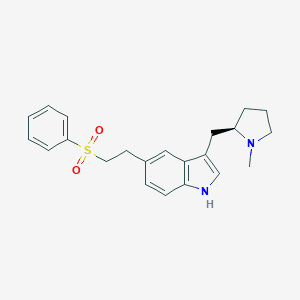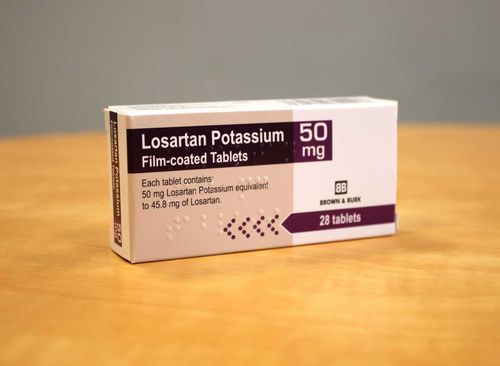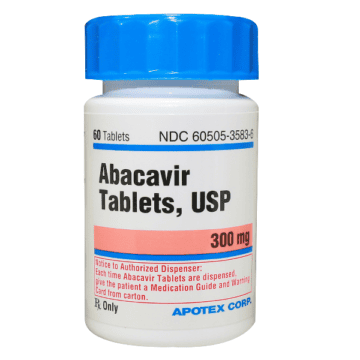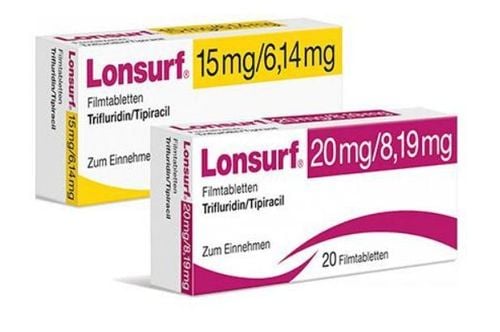This is an automatically translated article.
Many people are eating almost double the amount of salt (sodium) our bodies need, largely because salt is processed in many foods used in our daily meals. Also a quarter of the salt we eat comes from processed foods. However, eating too much salt can lead to high blood pressure, an increased risk of stroke, metabolic heart disease, and chronic kidney disease. So how to reduce salt in the diet?
1. What is salt and its sources?
Most of the salt you eat is distilled from seawater or mined from deep underground. Sea water is taken up and transferred to shallow salt fields, through the process of evaporation, the water will gradually disappear leaving salt.
Underground salt is mined by drilling or carving a hole in the rock, then using machines to mix the salt into crumbs. Miners can also build walls around the salt bed, then forcefully pump water into the bed to dissolve the minerals. The end result is a liquid salt solution that is pumped and kept in an evaporator. Then the liquid evaporates and leaves behind the salt.
For some people, salt is not only an ingredient in their favorite dishes, but salt also adds flavor to foods. The body needs salt and it plays an important role in preserving food.
Ancient hunters often killed more animals than they ate. To protect the food from bacteria, mold and spoilage, they sprinkle salt over the meat to absorb moisture and keep it fresh for longer.
Salt also preserves corpses and is used in the embalming process. Due to high demand in ancient civilizations, salt was taxed, traded, and even used as a form of currency. Salt has about 40% sodium and 60% chloride
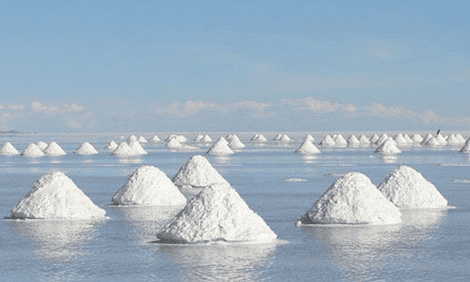
Hình ảnh khai thác muối từ nước biển
2. How much salt a day is enough?
According to the Mayo Clinic, one teaspoon of table salt contains about 2,325 mg of sodium, while the recommended daily intake is 2,300 mg for adults. Some people need to limit foods high in salt, possibly consuming no more than 1,500 mg per day. This limit also applies to people with diabetes, high blood pressure or chronic kidney disease.
3. Health risks of eating too much salt?
3.1. Increases water retention If you eat foods that are high in salt, your kidneys may not be able to filter excess sodium out of your blood. Sodium builds up in the system and your body retains extra water to try to neutralize the sodium. That causes water retention and bloating.
3.2. Heart Health Effects Excess water in the body can put extra pressure on the heart and blood vessels, causing high blood pressure. It is a leading cause of heart attack and stroke. The risk of heart disease is higher when a high-sodium diet is accompanied by a low-potassium diet. Potassium helps excrete sodium from the body and helps relax blood vessels. Therefore, it is best to eat light food.
3.3. High risk of osteoporosis The more salt you eat, the more calcium your body loses through urination. If you don't get enough calcium in your diet, your body will take it from your bones, increasing your risk of bone problems like osteoporosis.
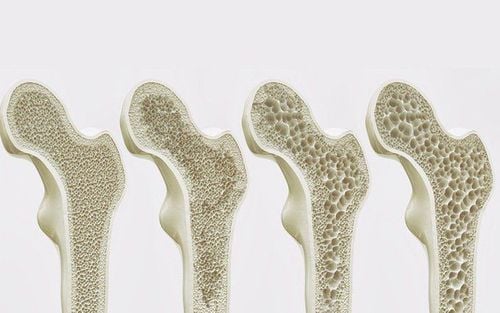
Nguy cơ cao bị loãng xương khi bạn sử dụng quá nhiều muối
3.4. Increased risk of stomach cancer There is also evidence that a diet high in salt increases the risk of stomach cancer, according to a study published in 2014 in the journal Cancer Research and Treatment. cancer and previous research published in the British Journal of Cancer.
4. Tips to cut salt in your daily diet
4.1. Always check food labels Check labels and choose foods low in salt when shopping. Look at the figure for salt per 100g: High is more than 1.5g of salt per 100g (possibly code red). As low as 0.3g salt or less per 100g (may be greenish). The average is between 0.3g and 1.5g of salt per 100g (may be amber in color). Buy low-salt or no-salt items if possible.
Some food labels state the sodium level instead of the salt level, and the two are not the same. One gram of sodium is approximately equal to 2.5 grams of salt, so multiply the sodium by 2.5 to get the amount of salt. Also check sodium levels, less than 0.12g is low, 0.12 - 0.6g is medium and anything with more than 0.6g sodium is high.
4.2. Cook with less salt, don't add salt when you don't need it. Don't add too much salt to your diet when you don't really need it. You gradually reduce the amount of salt daily, it will form a habit in both cooking and eating.
4.3. Snack wisely Avoid snacking on fast foods like chips or crackers, and eat healthy nuts or vegetables instead.

Ăn nhẹ bằng rau củ quả sẽ giúp bạn hạn chế lượng muối vào cơ thể
5. Note the source of salt in some foods that contain a lot of salt
Meats: Processed cold cuts and deli meats such as bagged ham and turkey can be high in sodium. Other super-salty items include processed meats like bacon, hot dogs, and even chicken. Buy fresh meats if you can, otherwise look for processed meats that are lower in sodium. Also, when you buy poultry, check the label to make sure no brine or broth is added.
Canned soups: May contain large amounts of sodium. For example, some brands of chicken noodles contain up to 790 mg of sodium in one cup. Even some “reduced sodium” soups can have more salt than homemade ones. When you buy canned soup, look for one that says "no salt" or "sodium-free" on the label. They will have no more than 5 mg of salt per serving.
Bread : They may not taste salty, but bread is usually very high in sodium. Example: One oat bran bagel may contain 600 mg, which is more than a quarter of the sodium you should be eating in a day.
Cheese: Processed cheeses (like US) and very hard cheeses (like cheddar) are high in sodium, as are fresh cheeses. When you snack on cheese or add to dishes, choose low-sodium varieties like mozzarella, goat cheese, and ricotta.
Condiments: Sauces, salad dressings and dips can be high in sodium. For example, one tablespoon of ketchup has 154 mg and the same amount of soy sauce contains 1,000 mg. Be careful when choosing condiments labeled "salt-free" or "low sodium" and monitor how much you use.
Reducing salt intake is the best way to protect health as well as limit cardiovascular diseases and blood pressure. Besides eating bland foods, packaged, stocked, and stewed foods with a lot of salt are also not recommended to be regularly added to the daily diet.
In case you have a history of heart disease, kidney disease, blood pressure, you can visit your doctor for advice on a reasonable diet with your current health status.
Vinmec International General Hospital is currently developing a general health checkup package with many different audiences, including children, men and women of all ages. The overall health examination will help the doctor to detect diseases and abnormal signs of health early for timely intervention and adjustment.
The hospital examination is always done by a team of experts, doctors with many years of experience helping to bring the most accurate diagnosis results.
Please dial HOTLINE for more information or register for an appointment HERE. Download MyVinmec app to make appointments faster and to manage your bookings easily.
Reference source: webmd.com - caba.org.uk - everydayhealth.com



